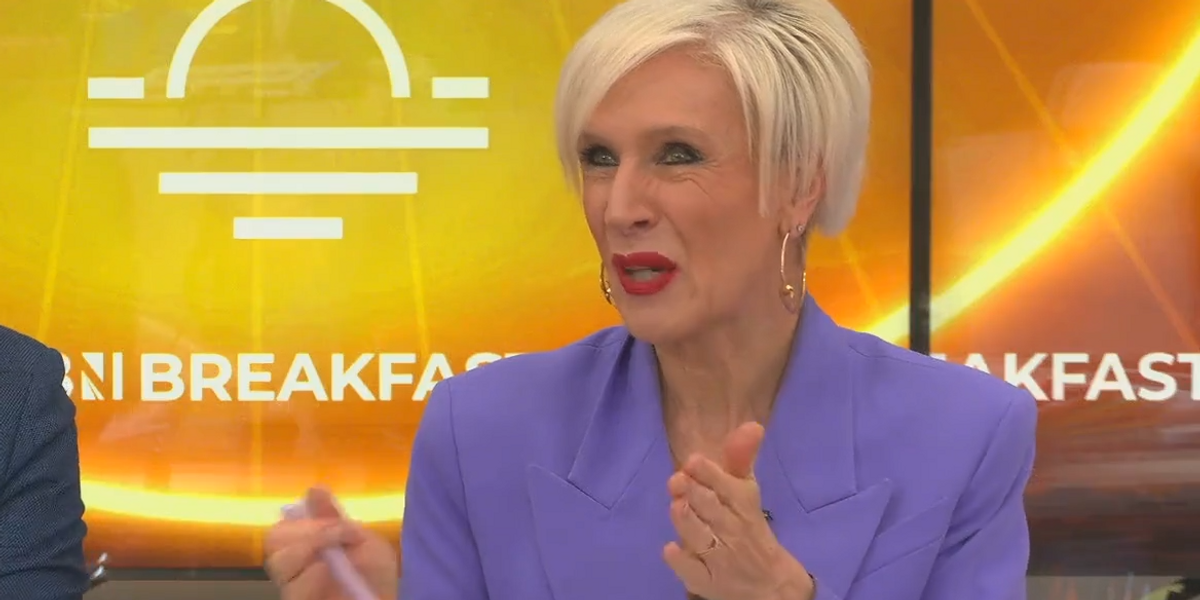
Updated
Nov 25, 2024, 05:15 PM
Published
Nov 25, 2024, 05:00 PM
TOKYO – Japan is reckoning with its first social media-influenced election of consequence, as a spectacular political comeback rattles traditional political and media establishments, while even being compared with Donald Trump’s victory in the United States presidential election.
On Nov 17, Mr Motohiko Saito, 47, won a second term as the Governor of Hyogo prefecture, despite having been ousted just weeks earlier in a unanimous no-confidence motion across the political divide in the local assembly.
He was accused of “power harassment” – or abuse of authority – as well as bullying that led to the suicide of a whistleblower against his administration, among other things.
Japanese media were quick to write him off, and his career seemed dead in the water. Photographs online after his ousting showed a forlorn figure standing alone at a train station, with passers-by giving him the cold shoulder.
But social media helped in Mr Saito’s rehabilitation, resulting in a stunning re-election over six other candidates to govern the western prefecture of 5.3 million people that borders Osaka and is known for the cities of Kobe and Himeji.
Turnout, at 55.65 per cent, was substantially higher than the 41.1 per cent in 2021.
This came as mainstream media in Japan, which like titles elsewhere in the world is suffering from a decline in readership, was perceived to be biased in their reporting about Mr Saito.
His campaign tapped into these sentiments to criticise traditional establishments, while also speaking directly to voters who were dissatisfied with the status quo.
“No one thought this would happen a few weeks ago,” political scientist Ko Maeda of the University of North Texas told The Straits Times.
“Either the media reports were wrong, or Saito’s support increased greatly in the last few days of the campaign. Or maybe both.”
The result has triggered a wave of soul-searching. On Nov 18, a headline in the Sankei newspaper pondered: “Is Saito’s re-election a defeat for mass media and a victory for social media?”
The introspective piece compared Mr Saito to US President-elect Trump in his victory against a groundswell of resentment, adding that public distrust of mainstream media that had been harsh with its condemnation of Mr Saito had worked to his advantage.
Both men also emphasised reforms in their crusade against the status quo.
Among the commentators who have weighed in on the result is mountaineer Ken Noguchi, who wrote on X: “It seems like the Trump wave has surged across the Pacific Ocean. Either way, the era in which mass media equals public opinion is over.”
But Mr Noguchi, whose comments about Mr Saito have been widely picked up by the Japanese media, added: “As distrust of mainstream media grows, I also feel an acute sense of danger that social media, which often has unreliable information, will take centre stage.”
Mr Nobuo Inaba, chairman of public broadcaster NHK, told a news conference on Nov 20: “How can the media provide appropriate information for people to make their voting decisions? We need to seriously consider what our role as a public broadcaster is in election reporting.”
Mr Saito won 1.11 million votes, or 45.2 per cent of the total, handily defeating hot favourite Kazumi Inamura, 52, the former mayor of Amagasaki city, who won about 970,000 votes.
Ms Inamura, who won the backing of 22 out of 29 city mayors in Hyogo, echoed mainstream media in her criticism of Mr Saito for his alleged authoritarian tendencies.
But Mr Saito’s campaign, supported by his former classmates and hundreds of volunteers recruited through social media, cast him as an underdog reformist and a hero who went too far in upsetting entrenched vested interests.
“Was the media’s reporting truly accurate? Were some prefectural assembly members only interested in political manoeuvring?” Mr Saito said in a stump speech during a campaign in which he repeatedly stressed his innocence.
“What is the truth? And what is truly the best for the prefecture?”
Over street speeches and live streams on social media, he also touted his track record in his three years as governor, over which he reduced his wages by 30 per cent and made prefectural universities free of charge, while weaving in personal stories from his upbringing and school days.
Mr Saito said after his victory: “I’ve never really liked social media because it is a hotbed of harsh comments, but I’ve come to see its positive side in how it reaches a lot of people and spreads support.”
Doshisha University political scientist Toru Yoshida told ST: “This election reflects how traditional parties have completely lost the grip of independent voters, and are very much behind in new ways of mobilising them.”
He added that analyses have shown that the most significant difference between Mr Saito’s and Ms Inamura’s voters is their degree of trust in traditional media.
Still, in a sign of how social media may be unfairly weaponised, Ms Inamura’s campaign lodged a report with the Hyogo Prefectural Police on Nov 22 over the freezing of her social media accounts during the election period, purportedly because large numbers of people made false reports to social media operators.
Mr Saito’s victory comes on the heels of the political ascent of Mr Shinji Ishimaru, 42, who had little name recognition but rode the wave of social media to place second in the Tokyo Governor race in July, winning more votes than the much higher-profile opposition candidate Renho, who goes by one name.
Mr Ishimaru said on Nov 12 that he plans to establish a new regional party ahead of the Tokyo Metropolitan Assembly election in July 2025.
Nationwide, the Democratic Party For The People not only quadrupled its presence in Parliament in a general election in October, but is now the most favoured party among under-40s given its social media presence, according to various media polls.
“Traditional media will probably try to maintain public support and trust by asserting that their reports are more trustworthy than what people see in social media,” Dr Maeda said. “But I don’t know if the power of social media will ever become smaller from here on.”
Dr Yoshida, meanwhile, said that although traditional media is shocked by the Hyogo outcome, its approach to news reporting “will not change in a day, given the need for reforms”.

 By The Straits Times | Created at 2024-11-25 09:34:02 | Updated at 2024-11-30 05:52:23
4 days ago
By The Straits Times | Created at 2024-11-25 09:34:02 | Updated at 2024-11-30 05:52:23
4 days ago








